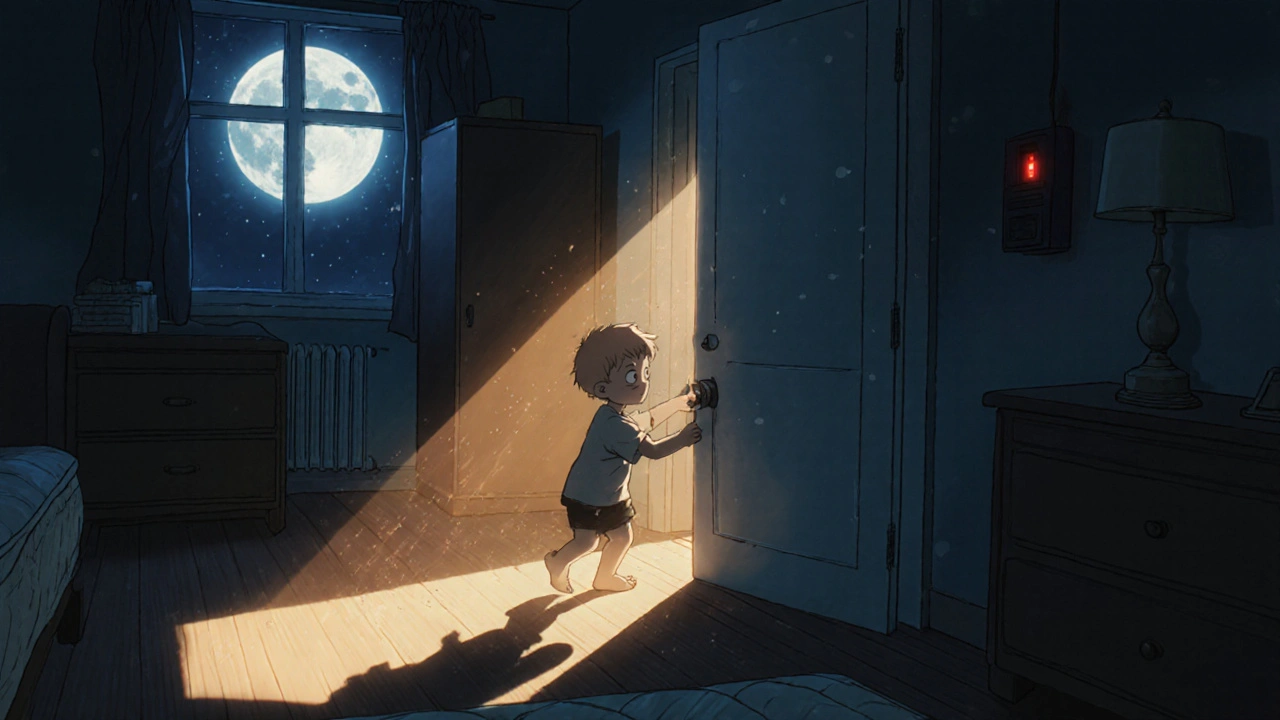Parasomnia: Understanding Sleep Disorders and What You Can Do
When you or someone you know does something strange while asleep—like walking around, screaming, or acting out dreams—it’s not just a weird habit. It’s parasomnia, a group of sleep disorders involving abnormal movements, behaviors, emotions, or perceptions during sleep. Also known as sleep-related abnormal behaviors, parasomnia isn’t just disruptive—it can be dangerous if left unaddressed. Unlike regular dreaming, these events happen outside normal REM or non-REM cycles and often leave no memory behind.
Parasomnia includes several specific types, like sleepwalking, a condition where a person gets up and walks or performs complex actions while still asleep, and night terrors, intense episodes of fear, screaming, and flailing during deep sleep, often mistaken for nightmares. Then there’s REM sleep behavior disorder, where people physically act out vivid dreams because the normal muscle paralysis during REM sleep fails. These aren’t rare. Studies show up to 4% of adults experience sleepwalking at least once a year, and night terrors affect nearly 3% of children and 1% of adults. They’re not caused by stress alone—genetics, brain chemistry, medications, and even other sleep disorders like sleep apnea can trigger them.
What makes parasomnia tricky is that people often don’t realize they’re doing it. A partner might notice you yelling or punching the air at night. A parent might find their child standing in the hallway at 3 a.m., wide-eyed but unresponsive. These aren’t signs of mental illness—they’re neurological glitches. But they can lead to injuries, broken relationships, or daytime fatigue that mimics insomnia. Some cases clear up on their own, especially in kids. Others need medical attention, especially if they involve violence, frequent episodes, or start in adulthood.
The posts below cover real-world connections between parasomnia and the medications, health conditions, and lifestyle factors that make it worse or better. You’ll find guides on how certain drugs—like antidepressants or sleep aids—can trigger these episodes. You’ll see how sleep apnea, thyroid issues, and even gut health play a role. And you’ll learn what steps to take before seeing a doctor: keeping a sleep diary, removing hazards from the bedroom, or adjusting bedtime routines. This isn’t about fear—it’s about understanding what’s really happening when you’re asleep, and how to take control.





